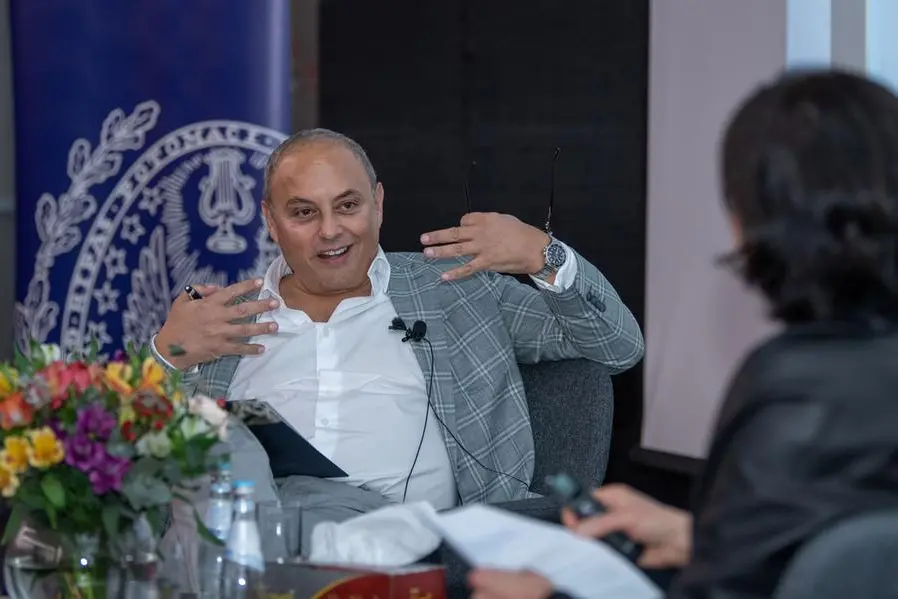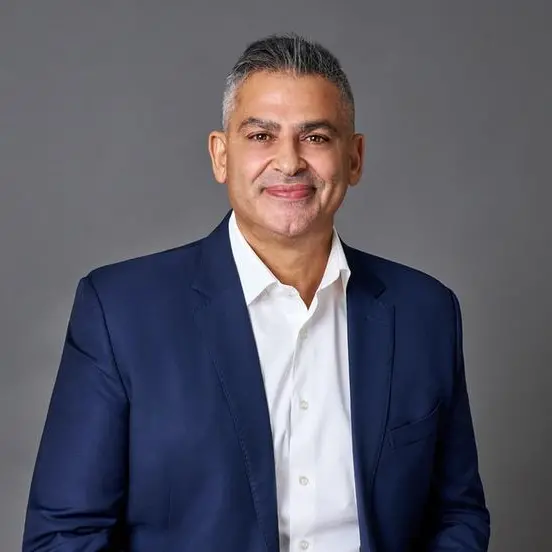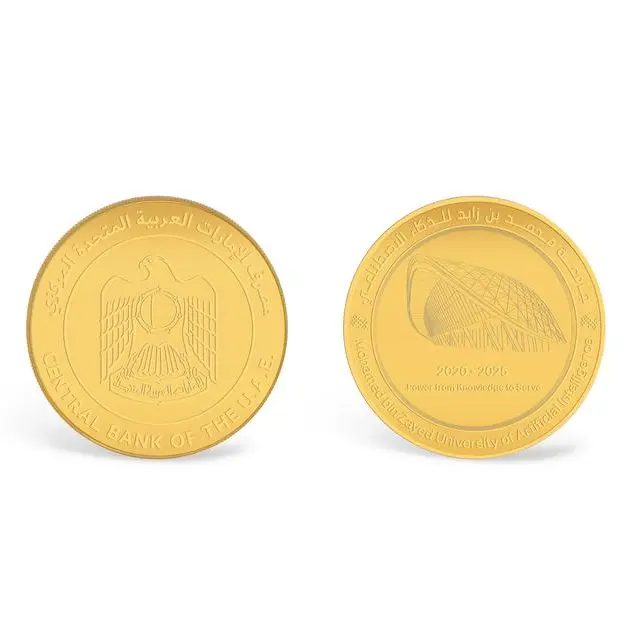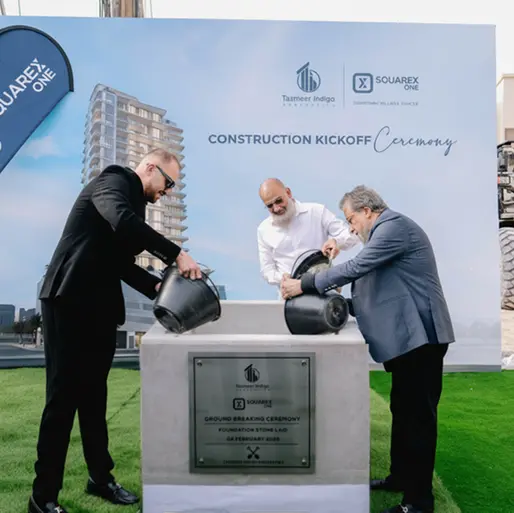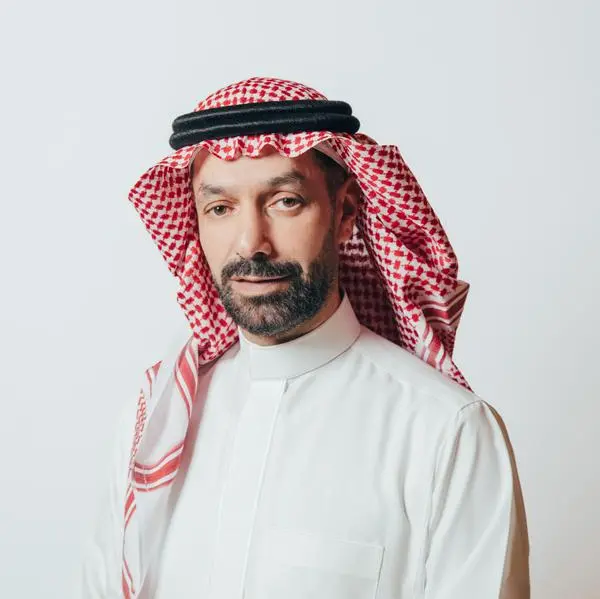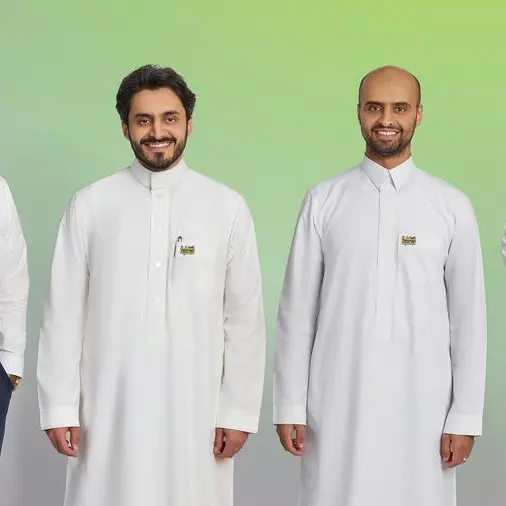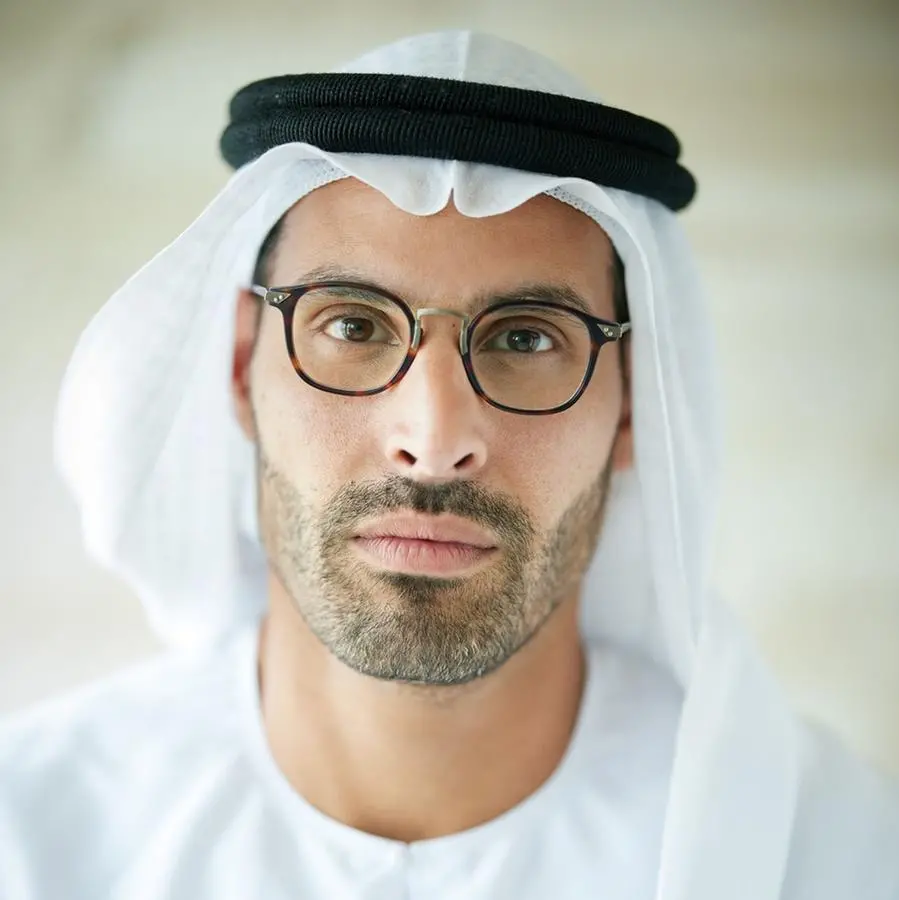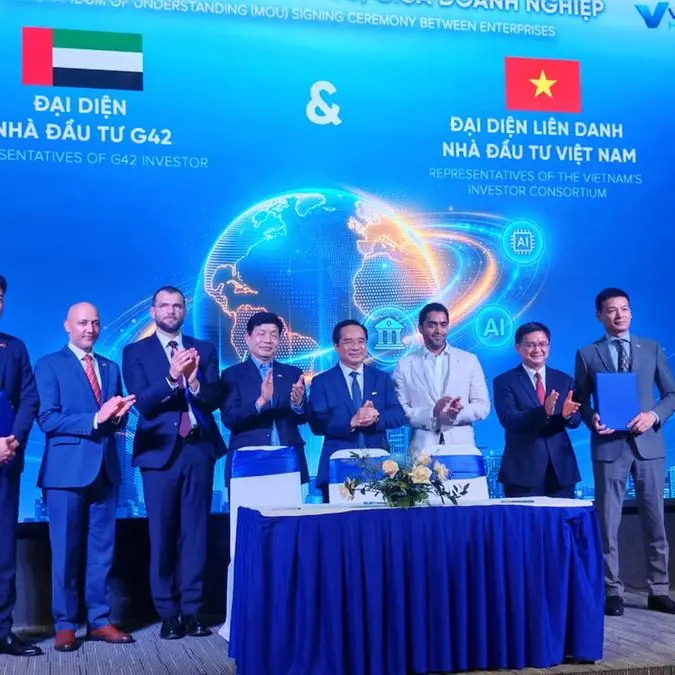PHOTO
Georgetown University in Qatar (GU-Q) continued the Dean’s Distinguished Speaker Series with a compelling talk exploring public architecture and the complexities of Arab modernity.
During a public event at the Fire Station, Dr. Amale Andraos, Professor and Dean Emeritus at Columbia Graduate School of Architecture, Planning, and Preservation, shared a global and regional perspective on how public urban architecture creates both a sense of community and a connection between the past, present, and future.
Dean Masri noted: “Architecture forms part of the living environment and when we enter an architectural space, we engage and interact with it. Hence the need to create architecture that is accessible and community-oriented.”
“It’s true, we do feel like architecture can still communicate, [despite] social media,” Dr. Andraos acknowledged. “It's still crucial to create something that feels generous, that feels like it belongs or that people want to be part of…for example, [in designing] libraries or community centers, we start with who is going to be occupying the spaces and what are their aspirations.”
Exploring the narrative of Arab modernity, as told through urban architecture, Dr. Andraos said: “There’s still a fascination with the new cities in the desert as if they are coming out of nowhere; as if we don’t have that shared history … For me, it’s important that there’s a notion of continuity,” she said. “And it’s something I’ve been feeling here. I feel like, in the cultural space, Doha is the custodian of this question of continuity in Arab modernity.”
Pointing to the ways that Arab and Islamic architecture are layered and tied together in Doha’s architecture, she added: “It’s curated, but it’s thoughtful, and there's a sense of depth to it, and, hopefully, things will continue to evolve.”
Dr. Andraos also reflected on the challenges of preserving heritage across the region, in cities like post-war Beirut, the tensions between tradition and modernity, and the complexities of preserving continuity in an era marked by displacement due to war and migration.
The co-founder of WORKac, an award-winning New York-based architectural firm, Dr. Andraos’s projects aim to reinvent the relationship between urban and natural and natural environments as they engage around social concerns. Dr. Andraos has connected her academic research and practice in her books, including 49 Cities and The Arab City: Architecture and Representation.
For more information and details about the Dean’s Distinguished Speaker Series and GU-Q’s program of public events, please visit the website at https://www.qatar.georgetown.edu/research/events-and-activities/.
About Georgetown University in Qatar
Established in 1789 in Washington, DC, Georgetown University is one of the world’s leading academic and research institutions. Georgetown University in Qatar (GU-Q), founded in 2005 in partnership with the Qatar Foundation, builds upon the world-class reputation of the university through education, research, and service. Inspired by the university’s mission of promoting intellectual, ethical, and spiritual understanding, GU-Q aims to advance knowledge and provide students and the community with a holistic educational experience that produces global citizens committed to the service of humanity.
Georgetown’s unique, interdisciplinary program prepares students to tackle the most important and pressing global issues by helping them develop critical thinking, analytical, and communication skills within an international context. GU-Q alumni work in leading local and international organizations across industries ranging from finance to energy, education, and media. The Qatar campus also hosts the Executive Master in Diplomacy and International Affairs along with the Executive Master’s in Leadership graduate degree programs.
For more information, please contact Nahla El Sherif at +974 3006 6412
